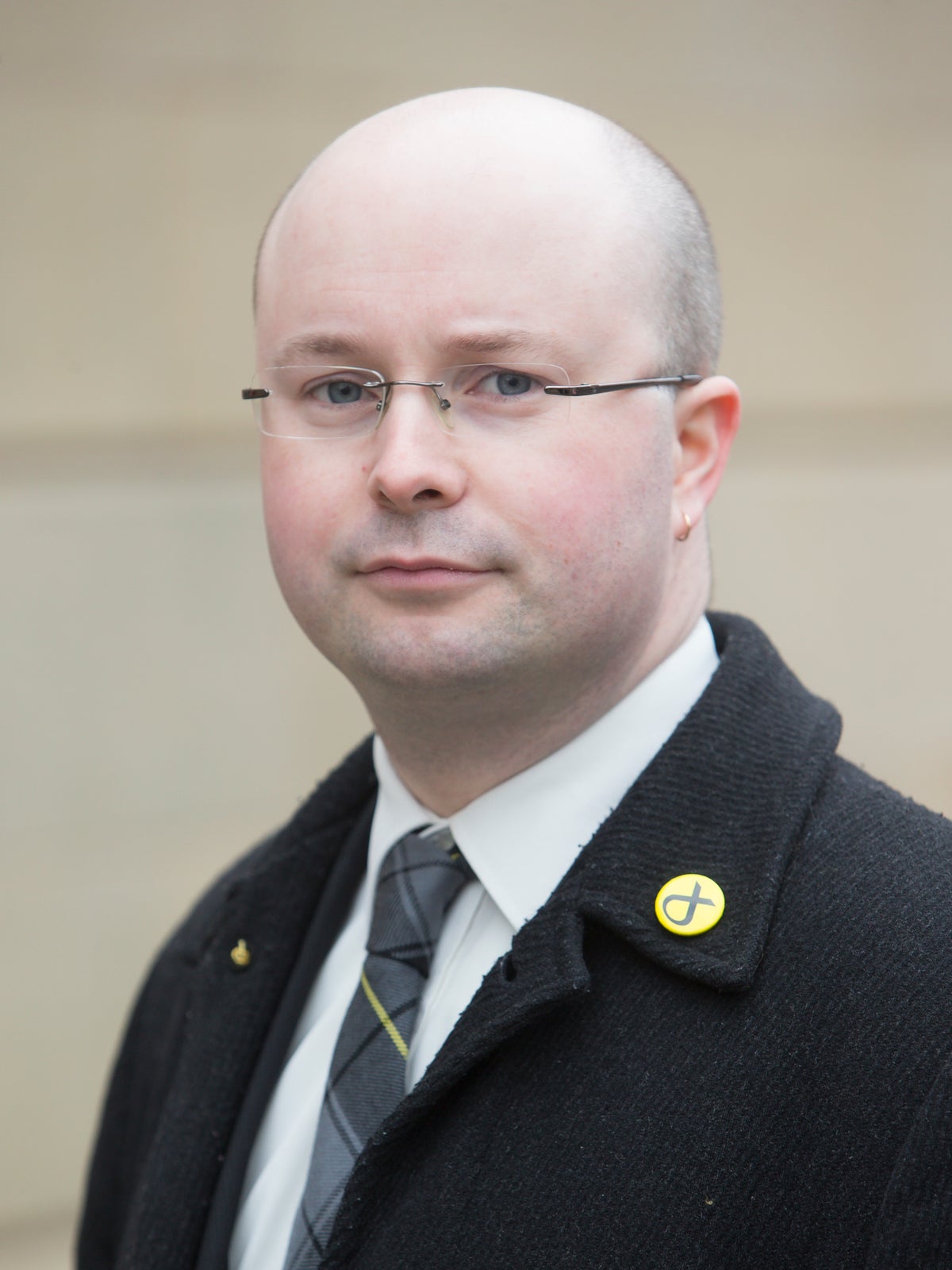
An independent panel investigating sexual misconduct by an SNP MP laid blame on the victim, the Women’s Equality Party has said.
The criticism came after the panel advised the suspension of Patrick Grady from parliament for two days after making a sexual advance to a teenage SNP staff member.
The 42-year-old, who is the MP for Glasgow North, was found to have touched and stroked the neck, hair and back of a co-worker 17 years younger than him at a social event in a pub in 2016.
Mr Grady, who is the SNP’s former chief whip, admitted wrongdoing and apologised “without reservation” in the House of Commons on Tuesday.
But Amy Killen, a spokesperson for the Women’s Equality Party, criticised how parliament’s independent expert panel dealt with the case. She told The Independent: “It’s unacceptable that a panel investigating sexual misconduct claims assigns blame to the victim and implies that speaking out will come at a cost: reduced consequences for the perpetrator.”
The panel said Mr Grady’s punishment would have been tougher if the SNP staffer had not leaked details of his complaints and the investigation to the media.
Ms Killen argued the repercussions for an individual found to have perpetrated sexual misconduct should not be centred around how the victim handed the situation.
“It should be based on what is appropriate given what they found happened in the case,” she added. “Grady received a two day suspension only. The panel used the victim’s actions as a justification for that and essentially blamed him for the fact the sanction was only two days.”
Ms Killen said placing the onus on the victim “flies in the face of the very idea of justice and reveals the ugly truth of a political system awash with impunity and intimidation.”
She added: “This report is effectively setting up a blueprint to silence and punish victims and is reflective of a political culture that values image over people and justice.
“This is an issue that transcends party lines and the only way to change this is for a zero-tolerance approach to abuse and harassment. That means all parties must decline to select candidates facing unresolved allegations.”
Ms Killen argued MPs being investigated by the police or the Independent Complaints and Grievance Scheme (ICGS), which looks into complaints about bullying, sexual harassment or forms of misconduct, should be named unless doing so would reveal the identity of the victim.
She added: “ And additional resources must be made available to deliver a dramatic reduction in the length of time that ICGS investigations currently take - as the current average completion time is 111 working days.”
The panel’s report states: “In considering any sanction, the independent expert panel must consider the impact on a respondent of breaches of confidentiality, and consider whether that factor should mitigate the appropriate sanction. We will do so here.”
Ms Killen’s warning comes as the victim, who was 19-years-old when the incident occurred, claimed Mr Grady was not fit to be an MP and must resign from his role – as well as hitting out at how the SNP dealt with the incident. He said was pushed into feeling like he was to blame for the incident and also said his life has been a “living hell”.
In his apology to the commons, Mr Grady said: “I am profoundly sorry for my behaviour and I deeply regret my actions and their consequences,” as well as providing a “firm undertaking that such behaviour on my part will never happen again”.
Mr Grady, who left his job as SNP chief whip last year in the wake of claims over his conduct, also said he had undergone “bespoke and generic training” to adjust his behaviour since what had happened.
The independent panel report explicitly states: “An unwanted physical touching, with sexual intent, from a senior MP to a junior member of staff, even on a single occasion, is a significant breach of the policy.”
But the report also said Mr Grady demonstrated “genuine remorse” and made “efforts to address his behaviour”, but advised he “be suspended for two sitting days, make a public apology in the House of Commons, and a private one to the complainant”.
Mr Grady’s “unwanted sexual advance” took place “while under the influence of alcohol” at a 2016 social event held by the SNP, the panel said.
Its report also examined how the apology was handled by Ian Blackford, who is the leader of the SNP in the Commons, stating Mr Blackford enabled an “impromptu informal resolution” meeting where Mr Grady made an informal apology without the victim being aware the MP would be attending the meeting.
“The complainant accepted the apology but made clear in his evidence that the circumstances of the informal resolution were difficult,” stated the report. “He felt under pressure to accept the apology and felt ‘ambushed’ by Mr Blackford and Mr Grady, as he had no advance notice of why he was asked to go to Mr Blackford’s office, nor was he told that Mr Grady would be there.”
The report continued: “The complainant said he felt intimidated into accepting the apology when put in such a situation with two people who had so much influence over his career.”







